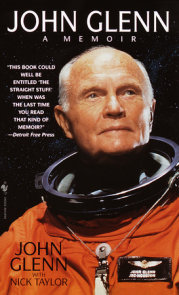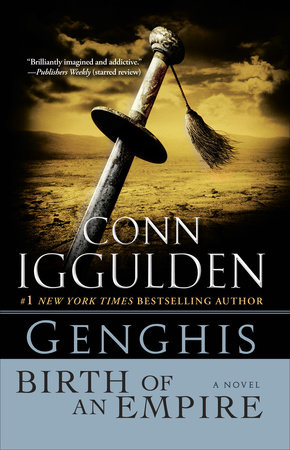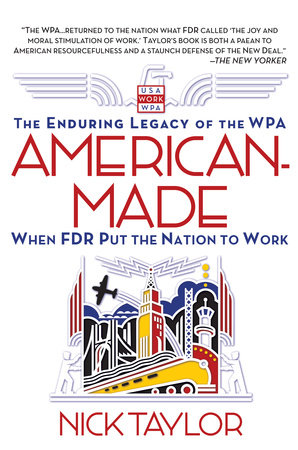

American-Made
By Nick Taylor
By Nick Taylor
By Nick Taylor
By Nick Taylor
Category: 20th Century U.S. History | Domestic Politics | World History
Category: 20th Century U.S. History | Domestic Politics | World History

-
$24.00
Feb 24, 2009 | ISBN 9780553381320
-
Feb 26, 2008 | ISBN 9780553904932
YOU MAY ALSO LIKE
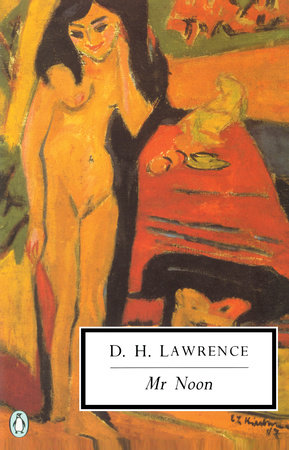
Mr Noon
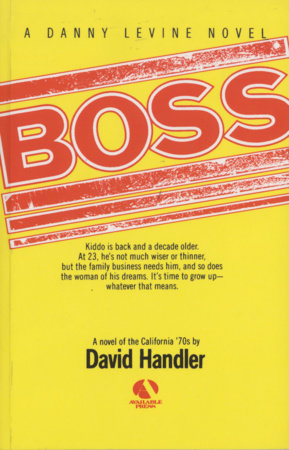
The Boss
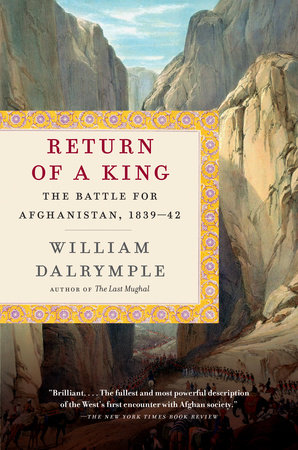
Return of a King
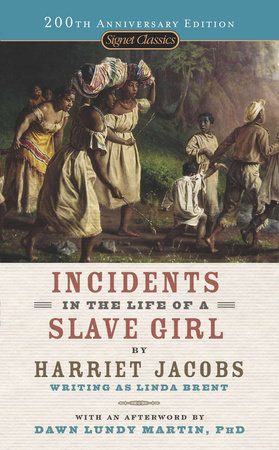
Incidents in the Life of a Slave Girl
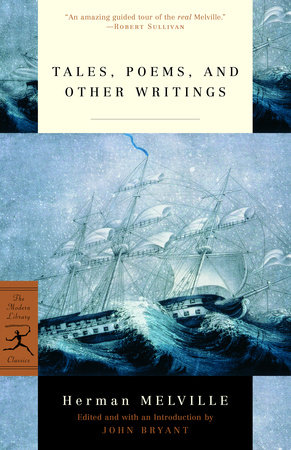
Tales, Poems, and Other Writings

The Wolf King
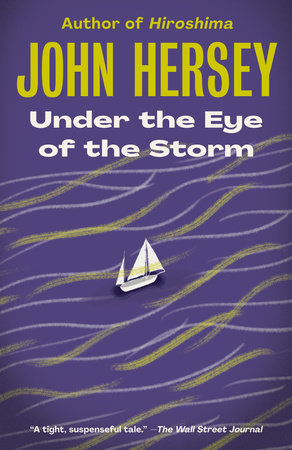
Under the Eye of the Storm
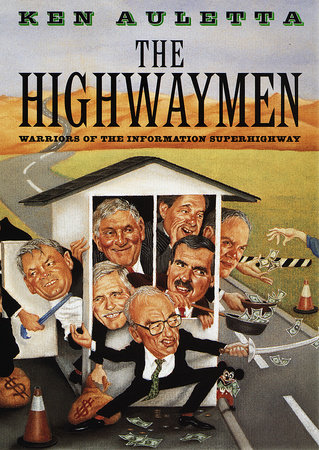
The Highwaymen
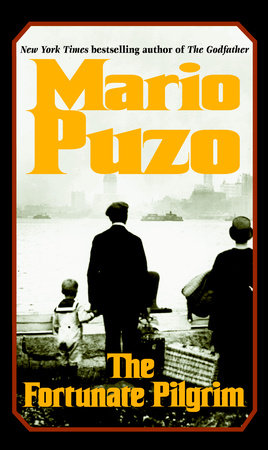
The Fortunate Pilgrim
Praise
“A must-read for history buffs and government wonks…. Taylor is at his best in describing the different projects and the lives of the people who worked on them. “—USA Today
“Brisk…. Taylor’s American-Made is bigger than its title suggests; he provides a succinct survey of the Great Depression and particularly its consequences for workers…. he interweaves personal stories with explanations of policy.”—Washington Post Book World
“Vividly rendered—a near-definitive account of one of the most massive government interventions into domestic affairs on American history…. The book is filled with plucky, fast-talking characters who by dint of charm and grit pulled themselves up by their bootstraps to participate.”—Kirkus Reviews, starred review
“Eloquent and balanced…. A splendid appreciation of the WPA.”—Publishers Weekly, starred review
“A paean to the WPA … balanced and engaging.”—Boston Globe
"An immensely detailed book telling the epic story of an equally immense agency, American-Made does an incomparable job of chronicling an important chapter in American history, one which many of us only know from the classroom and some of us know all too well."—New Hampshire Business Review
“A quick read … engagingly written…. There is something here for everyone to learn.”—San Francisco Chronicle
"Well-written and helpfully structured…. Taylor intersperses individual stories to give body to stark statisticsan admiring, as well as admirable, history of FDR’s main job-creation program."—Chicago Sun-Times
"A lively ‘people’s history’ of the WPA."—Pittsburgh Post-Gazette
“Vastly informative, popular history at its finest…. A straightforward, relentlessly chronological, clearly written account.”—Dallas Morning News
"Chock-full of facts…. Taylor captures the drama and idealism of the program’s early years."—Time Out New York
“[Taylor] has produced what is likely the most complete account yet of the much-written-about agency, just in time for the 75th anniversary of the New Deal.”—Milwaukee Express
"A lively and uplifting look at hard times—and a government program that worked."—Arizona Republic
“American-Made might be one of the most empathetic stories ever told…. It also is among the greatest.”—Miami Sun Post
“Pertinent and timely…. Filled with both insight and wisdom. It is highly readable, absolutely terrific and highly recommended.”—Tucson Citizen
“Brilliant. American-Made…is the story of how American energy, administration, and improvisation coalesced in one of the country’s finest hours.” —California Literary Review
“The WPA…returned to the nation what FDR called ‘the joy and moral stimulation of work.’ Taylor’s book is both a paean to American resourcefulness and a staunch defense of the New Deal.” —New Yorker
21 Books You’ve Been Meaning to Read
Just for joining you’ll get personalized recommendations on your dashboard daily and features only for members.
Find Out More Join Now Sign In







